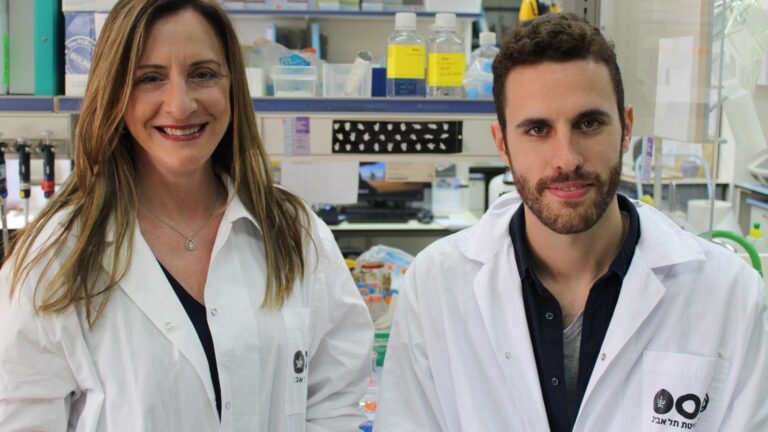
A new study from Tel Aviv University shows that thyroid imbalance can lead to congenital deafness.
“Since our laboratory mainly focuses on the system of the inner ear, the study of a system such as the thyroid gland was new to us and therefore challenging,” said Dr. Amiel Dror of the Department of Human Molecular Genetics and Biochemistry at TAU’s Sackler School of Medicine. “My curiosity as to how these two systems interact together to develop normal hearing led to this multidisciplinary study.”
Together with co-author Prof. Karen B. Avraham, Dror used state-of-the-art imaging on mouse populations to study a form of congenital deafness that affects humans. The researchers tracked the inner hair cells of the cochlea (the auditory portion of the inner ear) in two groups — control (wild) mice and mutant (congenitally deaf) mice. Inner-ear hair bundles in the affected mice were labelled with bright colors to highlight the disorganization of the ear’s hair cells.
Examination of the inner ear showed a spectrum of structural and molecular defects consistent with hypothyroidism or disrupted thyroid hormone action. The researchers’ analysis of the images revealed defective formation of the mice’s thyroid glands: labelled thyroid follicles did not grow or grew incompletely.
“Our work demonstrated that normal hearing fails to develop when thyroid hormone availability is insufficient as a result of a genetic mutation,” said Dror. “Our model provides a platform to test therapeutic approaches in order to prevent hearing loss before it occurs. There is still long way ahead before we get to the point of practical treatments with our research, but we believe we are moving in the right direction.”
The study was recently published in Mammalian Genome.
“The basis of all advanced medicine relies on both basic science and clinical research. I hope that our study will contribute a modest part to global efforts for improved medical care and treatment of hearing impairments,” said Dror.















